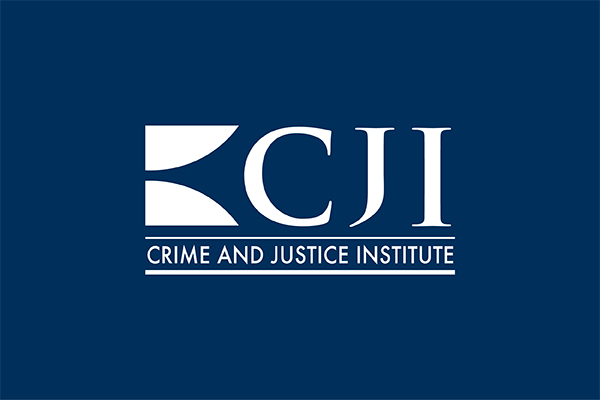
Improvements to the juvenile justice systems in Utah, Kansas, and South Dakota are leading to better outcomes for youth, families, and communities, according to recently published annual reports tracking progress in the three states.
The Crime and Justice Institute is providing technical assistance to the three states on implementation of their respective juvenile justice improvements.
Kansas in 2016 passed Senate Bill 367, which aimed to prevent lower-level youth from having deeper involvement with the juvenile justice system, protect public safety and contain costs by focusing resources on highest-risk youth, and sustain the improvements through oversight and reinvestment.
Stakeholders have shown strong commitment to the goals of the legislation, and early results show that it’s already begun to have a significant positive impact, improving outcomes for Kansas youth, families, and communities, including a 45 percent drop in the number of youth in out-of-home placements since fiscal year 2015.
Click here to read the full report from the Kansas Juvenile Justice Oversight Committee.
Utah’s juvenile justice improvements are only several months old, but they’re already showing important signs of success, according to the new report from the Utah Commission on Criminal and Juvenile Justice.
Since House Bill 239 became law in May, the state has expanded evidence-based programs for youth throughout the state, sought feedback on new policies from more than 500 law enforcement officers and educators, expanded access to pre-court interventions, and found ways to collaborate between agencies. Implementation efforts are well underway.
Click here to read more about implementation in Utah.
South Dakota passed its juvenile justice improvement package in 2015. The new report from the Juvenile Justice Public Safety Improvement Act Oversight Council shows that implementation is on the right track and the changes are leading to better outcomes for youth.
Fiscal year 2017 saw a nearly 72 percent increase in referrals to community-based services compared to the prior year. More than 2,880 juveniles have participated in diversion programs since the legislation took effect, with 72 percent successfully completing the program. And 346 families have completed functional family therapy, with 92 percent of them demonstrating positive change.
Click here to read the South Dakota annual report.